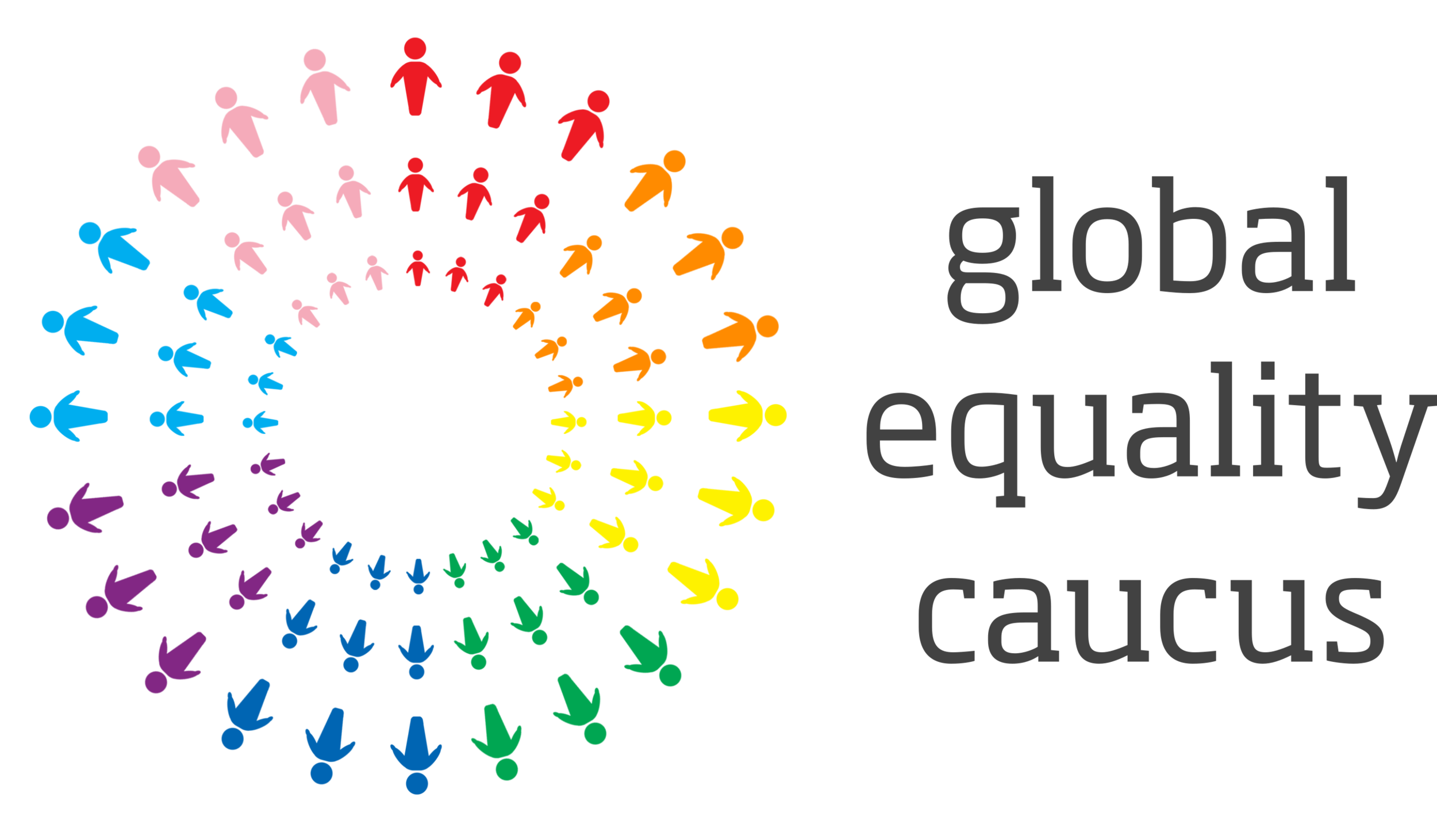Life as a Legislator: Cha Hae-young
Cha Hae-young is a queer, bisexual person, a feminist, LGBT+ advocate and youth activist from Seoul. They was elected as a municipal councillor for the Mapo-gu district in 2022 under the Common Democratic Party, becoming the first out elected official in South Korea. Despite this advance, the country is yet to elect an LGBT+ politician to its national parliament.
Our Head of Membership María Revelo-Imery spoke to Councilmember Cha about their professional experiences and their hopes for the LGBT+ community in a country where stigma and discrimination persists.
WITH A LONG TRACK RECORD OF ACTIVISM AND A STRONG PERSONAL STORY AS A COMMUNITY MEMBER, WHY DID YOU CHOOSE TO GO INTO POLITICS?
I did community radio activities in Mapo-gu and was also active as an organizer for the Seoul Queer Culture Festival. In order to carry out policy activities that cover LGBTQ+ related agendas, Seoul City and Mapo-gu carried out youth policy-related activities. Civic activities and cooperation with local governments have changed the perception of citizens. But it did not change the direction of policy or the structure of society. So, I chose politics to present the direction of policy and create a social system.
A key area of stigma for LGBT+ Koreans remains attitudes towards HIV. In terms of the HIV response, what is urgent in terms of improving the lives of the community?
During an administrative inspection of the Mapo-gu Council, a colleague said that “medical help should not be provided to a person infected with HIV through same-sex sexual intercourse”, he said this after reading an article about arrests of people taking drugs in groups. This is because the article he read put more weight on the fact that those arrested were infected with HIV and engaged in group sex rather than arresting drug offenders. There is an urgent need to remove stigma against people living with HIV in the media and prevent discrimination in health care institutions. And I think we need a campaign to change public perception about HIV infection.
HOW DO YOU BENEFIT FROM BEING PART OF AN INTERNATIONAL NETWORK SUCH AS THE GLOBAL EQUALITY CAUCUS?
Social perception of LGBTQ+ people in Korean society is not good. And there is no political discussion about it. I want to lead change in Korea by leading political discussions on LGBTQ+ internationally through gender equality diplomacy. That's why I think it's important to be part of an international network like the Global Equality Caucus.
WHAT ARE SOME OF THE KEY LEGISLATIVE PRIORITIES FOR SOUTH KOREA IN TERMS OF LGBT+ EQUALITY?
In Korea, the anti-discrimination law, which has been discussed since 2007, has not yet been enacted. Anti-discrimination laws should be enacted quickly. Also, since this year, the LGBTQ+ human rights movement in Korea has made the legalization of same-sex marriage a major issue. LGBTQ+ people should be able to enjoy the right to have a family.
Photo/Che Hai Rong

